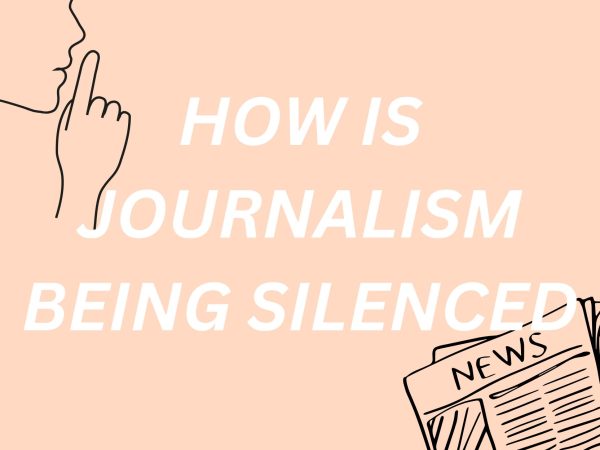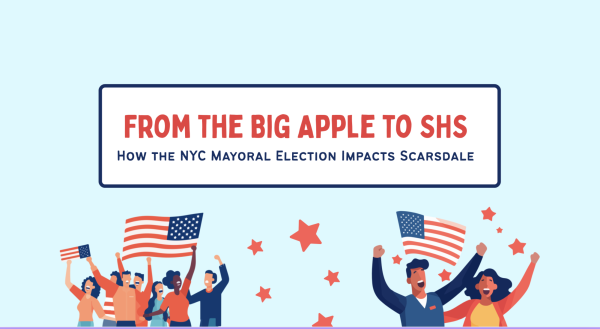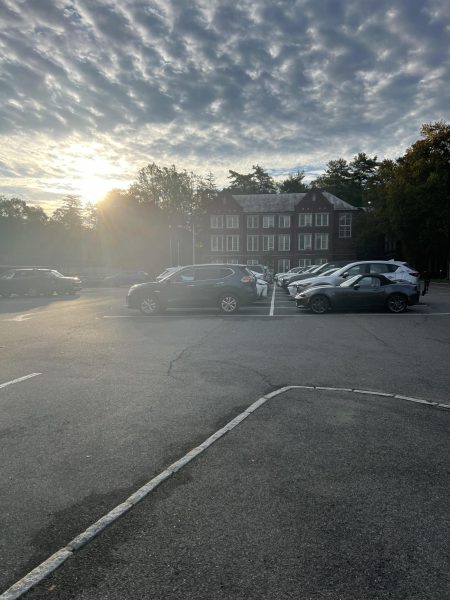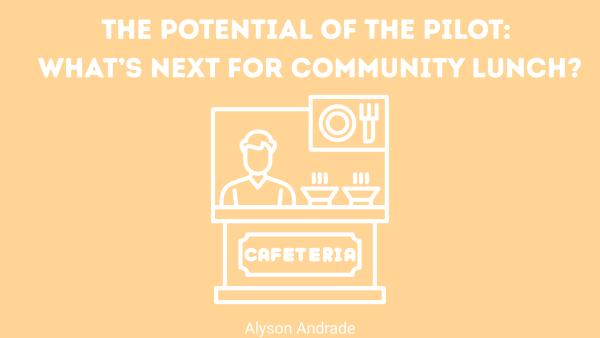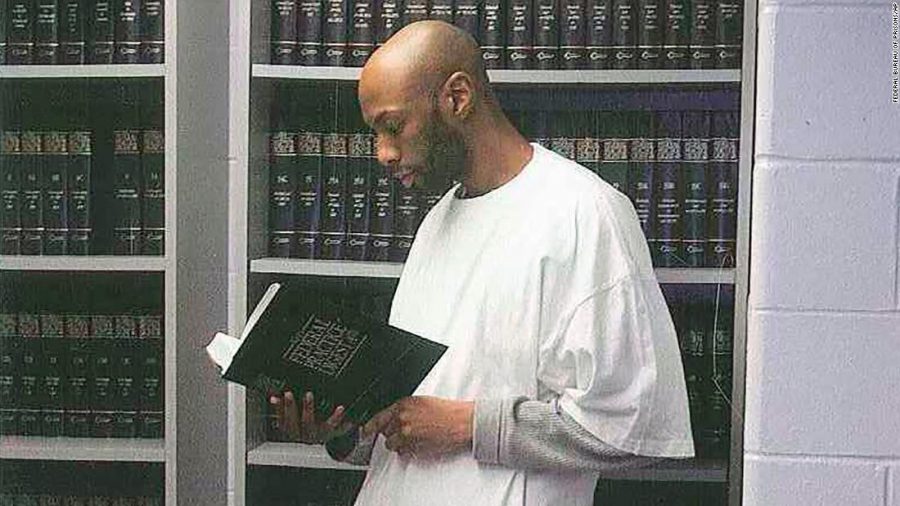Dustin Higgs and the Future of the Death Penalty in the U.S.
On the morning of January 27, 1996, Willis Haynes shot and killed three women in Laurel, Maryland with the help of Dustin Higgs. Haynes was later sentenced to life in prison, yet Higgs received a sentence for capital punishment, otherwise known as the death penalty. Higgs’ execution date, roughly 21 years after his conviction, was today, January 16th, 2021, only four days before President-Elect Joe Biden will formally be sworn into office. In the months leading up to this fateful date, however, Higgs’ situation has amassed national attention, as he has been given a worse punishment than that of the man who pulled the trigger. The controversy over the use of state-authorized executions, in general, is a topic that has come to light in recent years, and with a new president to enter the Oval Office this year, these policies are bound to change.
The main dispute over Higgs’ sentence is the question of the extent of his involvement in the incident. Although the fact that Higgs did not actively participate in the murder of these three women has been accepted by the state, he still aided in the kidnapping and ultimately provided the weapon that was used. Allegedly, he also told Haynes to kill the women; though this has not been confirmed, Higgs was still charged on three counts of premeditated murder. This discrepancy, according to his lawyers, is not something that should warrant the death penalty. Their reasoning is that it is unfair that Haynes was the actual murderer, but will suffer from a less severe consequence from something that has not completely been proven. On the other hand, supporters of Higgs’ execution, including the relatives of the deceased, believe that Higgs was the source of the issue since he supplied the gun and may have ordered Haynes to commit the crime.
Several SHS students have begun to form their own opinions about the situation as well. “[Higgs]…is still an accomplice to this murder, so this holds him to a point of culpability and [he] should maybe serve the same sentence as the person who pulled the trigger…it was first-degree murder, so that means…[Higgs will] probably spend the rest of their life in prison, but I don’t think that…[Higgs] should be given the death penalty,” stated Sebastian Verrelli ’23. According to many more students, execution is too extreme of a punishment in this case. “I’d expect the person who actually killed…[the women] to get a death sentence, and the person who didn’t participate to get the life sentence [in prison],” agreed Jordan Im ’23.
Higgs’ story is becoming more and more divisive, and it is not the only one of its kind. Currently, there are 52 inmates awaiting a death date. But is capital punishment the right solution? President Trump scheduled a total of five executions right up until the end of his presidency, starting with Brandon Bernard, who was pronounced dead on December 10th as punishment for a crime he committed as a teenager. Alfred Bourgeois, an older man, received a lethal injection a day later. If President Trump’s sudden campaign of executions is completed, he will have a total of 13 deaths under his belt, the most of any president in over a century. Moreover, President Trump is the first president to reuse the death penalty since 2003 under George W. Bush’s administration.
The predicament over the use of capital punishment has plagued the U.S. for centuries, and its inconsistencies throughout history have made the situation all the more ambiguous. “I think the death penalty is bad… A lot of people make one bad decision, and even though the death penalty can be based on [the] severity of the crime, there’s always a chance for rehab,” mentioned Jaden Tepper ’23. It seems that the use of the death penalty comes down to one’s own sense of morality—is death really a worse fate when it comes down to a life in prison? There is no clear answer to this question, which is part of the reason the use of capital punishment will likely remain uncertain in the future.


